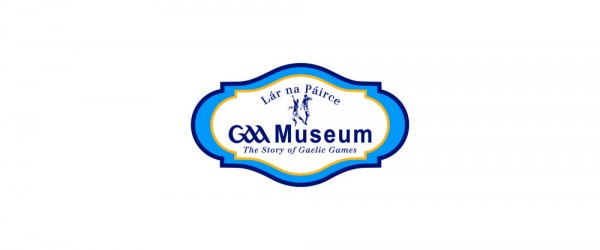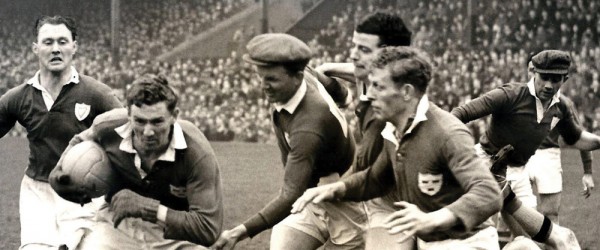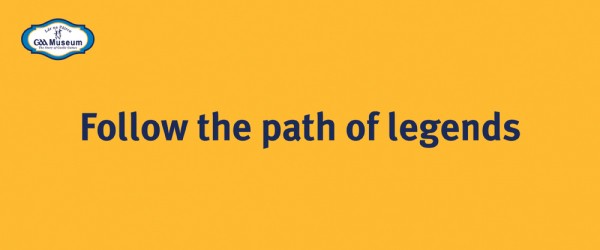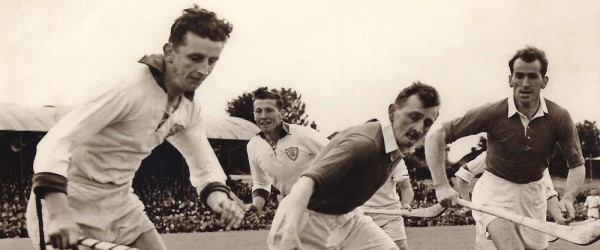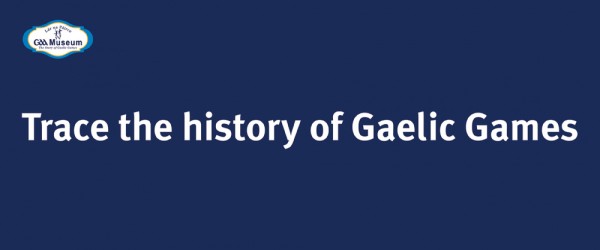According to Donal McAnallen in The G.A.A. & Revolution in Ireland 1913-1923 edited by Geared Ó Tuathaigh, there was a public spat between the Unionists and the G.A.A. In 1916.
‘The very fact that the Association carried on with its full program of games, unlike the other sporting bodies that suspended competitions, provided sufficient ammunition for the Unionists.
When parliament introduced the Entertainment Tax in early 1916 as a means to fund the Allied cause, Irish MPs secured exemption for bodies engaged in ‘reviving national pastimes’.
The Times of London remarked that ‘there should only be one ‘national pastime’ now, and if the Sinn Feiners want to have their hurling free of tax, they can go into the trenches and hurl – bombs.’
In the wake of the Easter Rising ‘Unionist leader, Sir Edward Carson, urged the Chancellor of the Exchequer, Reginald McKenna, to refuse tax exemption to the ‘Gaelic Athletic league’ (sic) as it was
closed to the Crown forces but open to ‘men who are in open rebellion against this country’. A day later, Sir John Lonsdale, MP for Mid-Armagh, added that it was ‘largely supported by Sinn Fein, the notoriously disloyal section and consistently hostile to recruiting. It could not warrant tax exemption, he said, as nearly 100,000 people paid to watch a game in 1915. (In fact, the biggest crowd was 27,000.)
The mud seemed to stick, however. The Chancellor, having previously confirmed that bonafide societies, who adhered to their ‘avowed object were exempt’, declared in July that ‘Gaelic League’ (sic) games had ‘no title to exemption’”.
Lár na Páirce
Museum of the GAA and Gaelic Games
